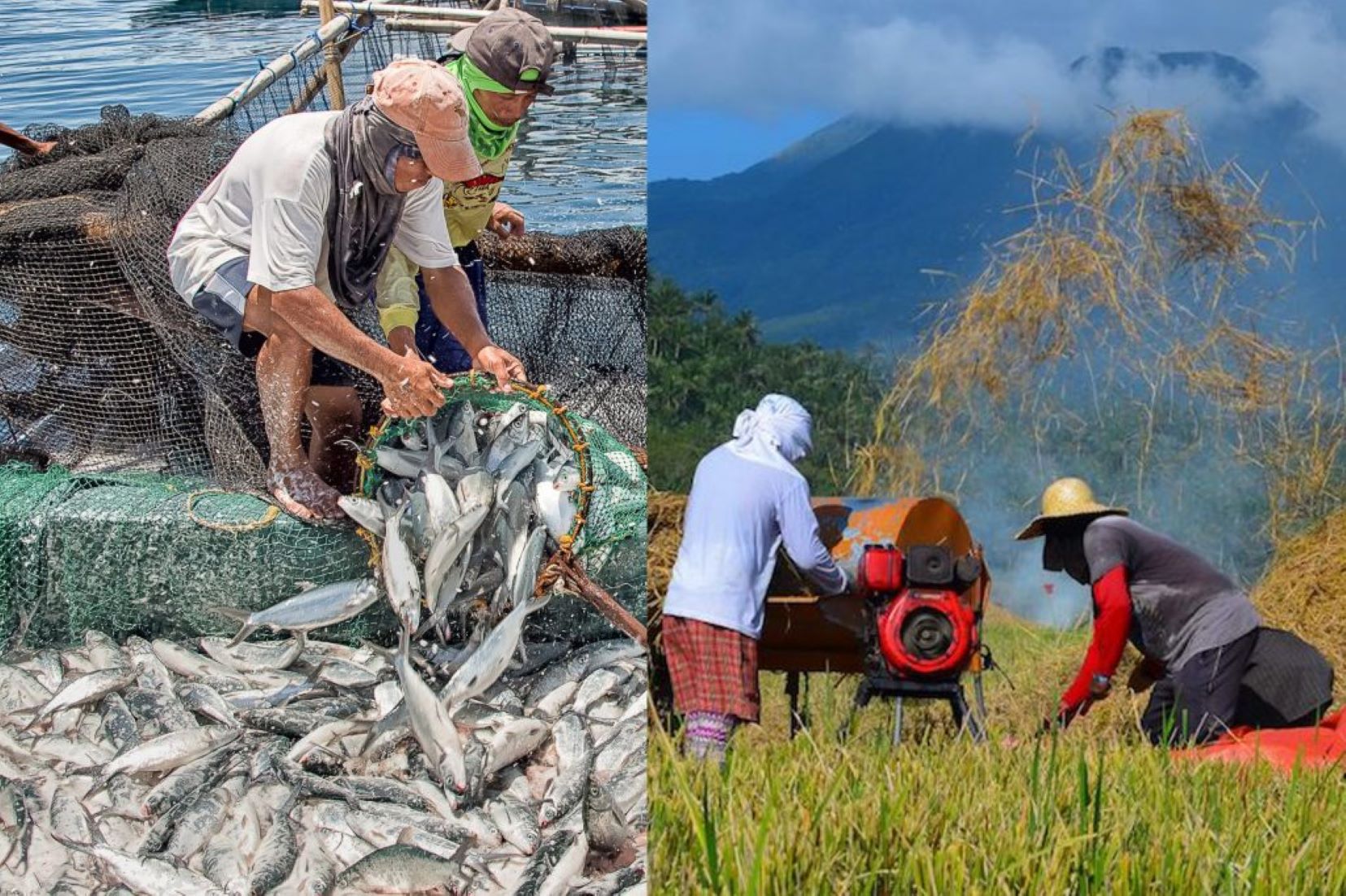MANILA, May 28 (NNN-PNA) – The World Bank approved a project yesterday, to increase agricultural productivity, resilience, and services, while protecting the natural resources in selected ancestral domains in the southern Philippines.
The World Bank said, the Mindanao Inclusive Agriculture Development Project (MIADP), worth 100 million U.S. dollars, will benefit around 120,000 farmers and fisherfolk in Mindanao, the Philippines’ second-largest island, in the southern part of the archipelago.
Although Mindanao contributes 33.4 percent of the total value of agricultural production in the country, surpassed only by Luzon at 39.2 percent, and followed by Visayas at 27.4 percent, the World Bank said, a considerable amount of agricultural land in ancestral domains remains unused or under subsistence cultivation by indigenous peoples.
“Several barriers hinder development in ancestral domains, including inadequate road infrastructure, frequent landslides, causing extended periods of isolation, and limited access to technical services, markets, finance, electricity, internet, and telephone services,” the Bank said.
The project will fund infrastructure investments, to help address some of these barriers and to foster stronger connections between ancestral domains and markets, it said.
These will include the rehabilitation or restoration of roads and bridges, the installation of agricultural tramline systems, and the construction of small-scale and solar-powered irrigation systems.
The project will also provide potable water systems and post-harvest facilities, such as storage units and trading posts.
“Mindanao is home to about 25 percent of the Philippines’ population, but accounts for 35 percent of the country’s poor,” said Ndiame Diop, World Bank Country Director for Brunei, Malaysia, Philippines, and Thailand.
“Initiatives that aim to improve people’s living conditions, while actively involving them are vital for strengthening inclusive growth in the country,” Diop added.
The World Bank said, the project will also support the development of agriculture and fishery enterprises, in selected ancestral domains, integrating natural resource management and climate-smart agriculture practices, and adopting indigenous knowledge, systems, and practices to ensure sustainability and build climate resilience.
According to the bank, 26 ancestral domains will be involved. The communities included in the project are among the poorest and most vulnerable in the country.
The Philippines’ Department of Agriculture will manage and implement the project.– NNN-PNA





